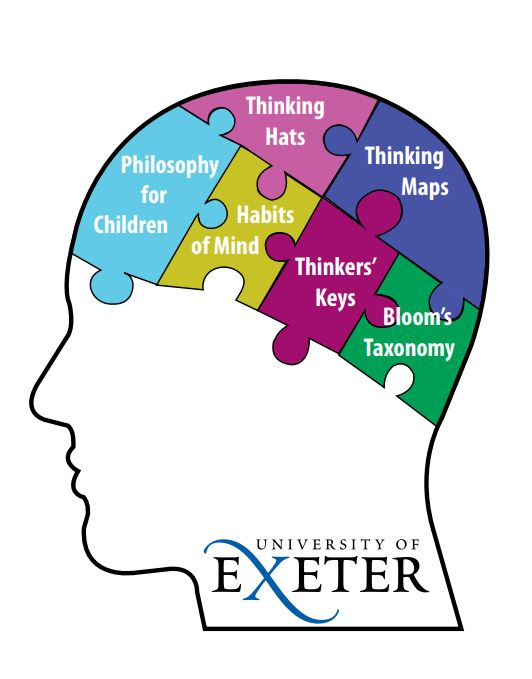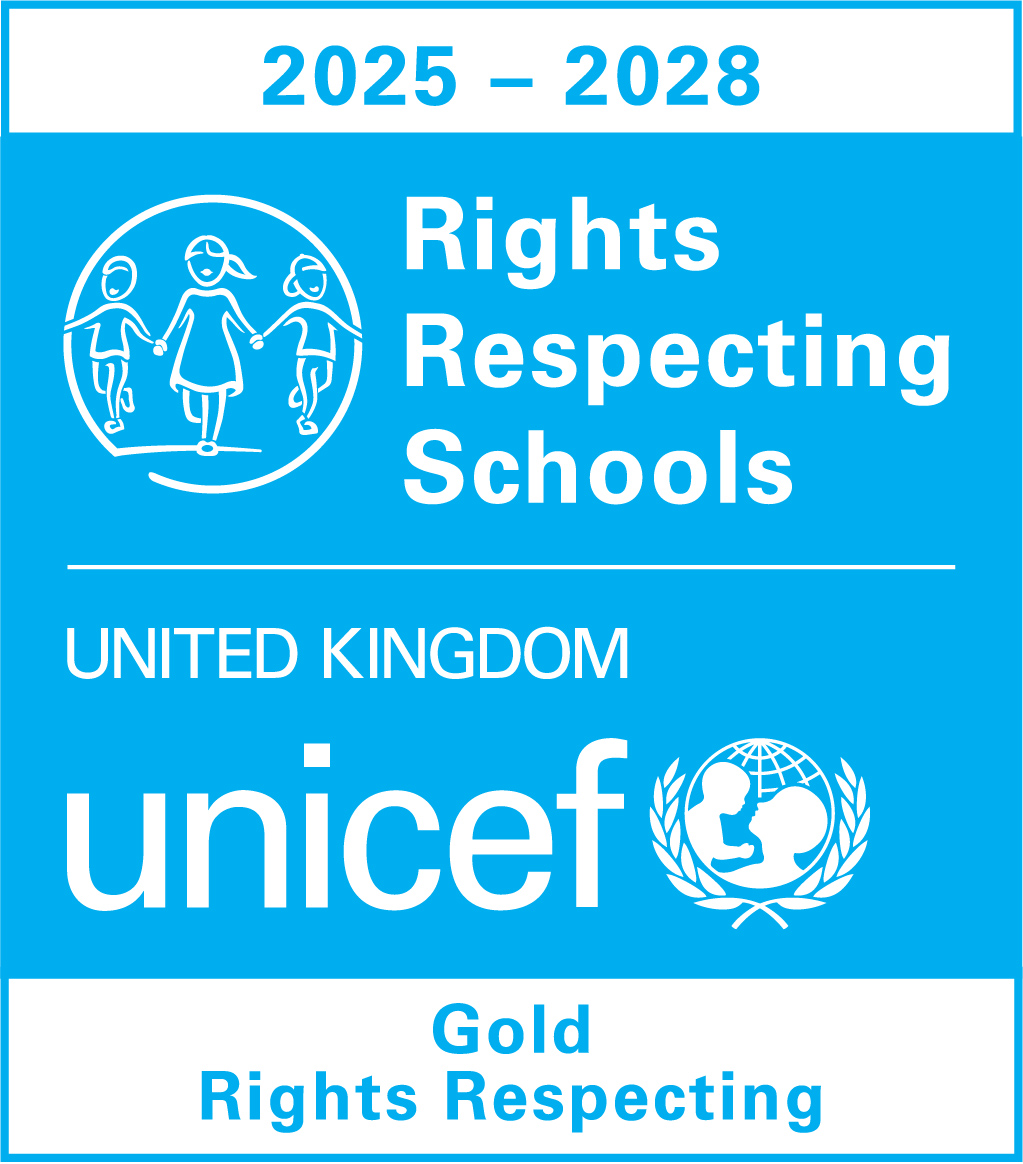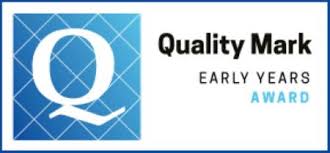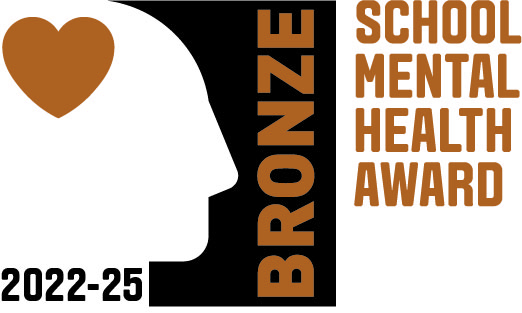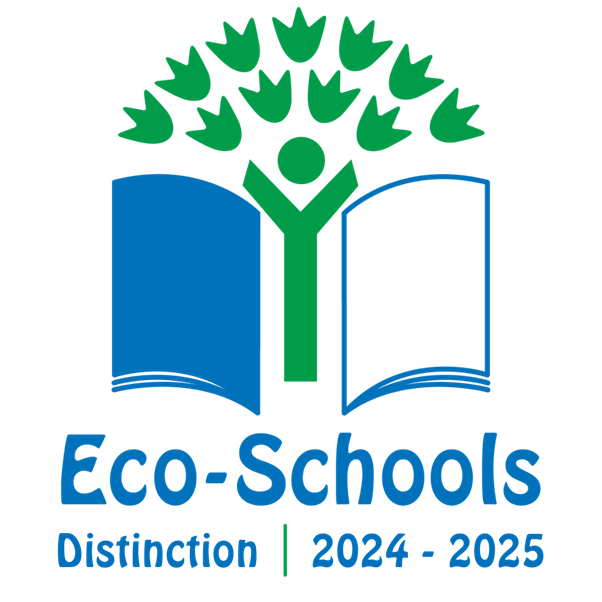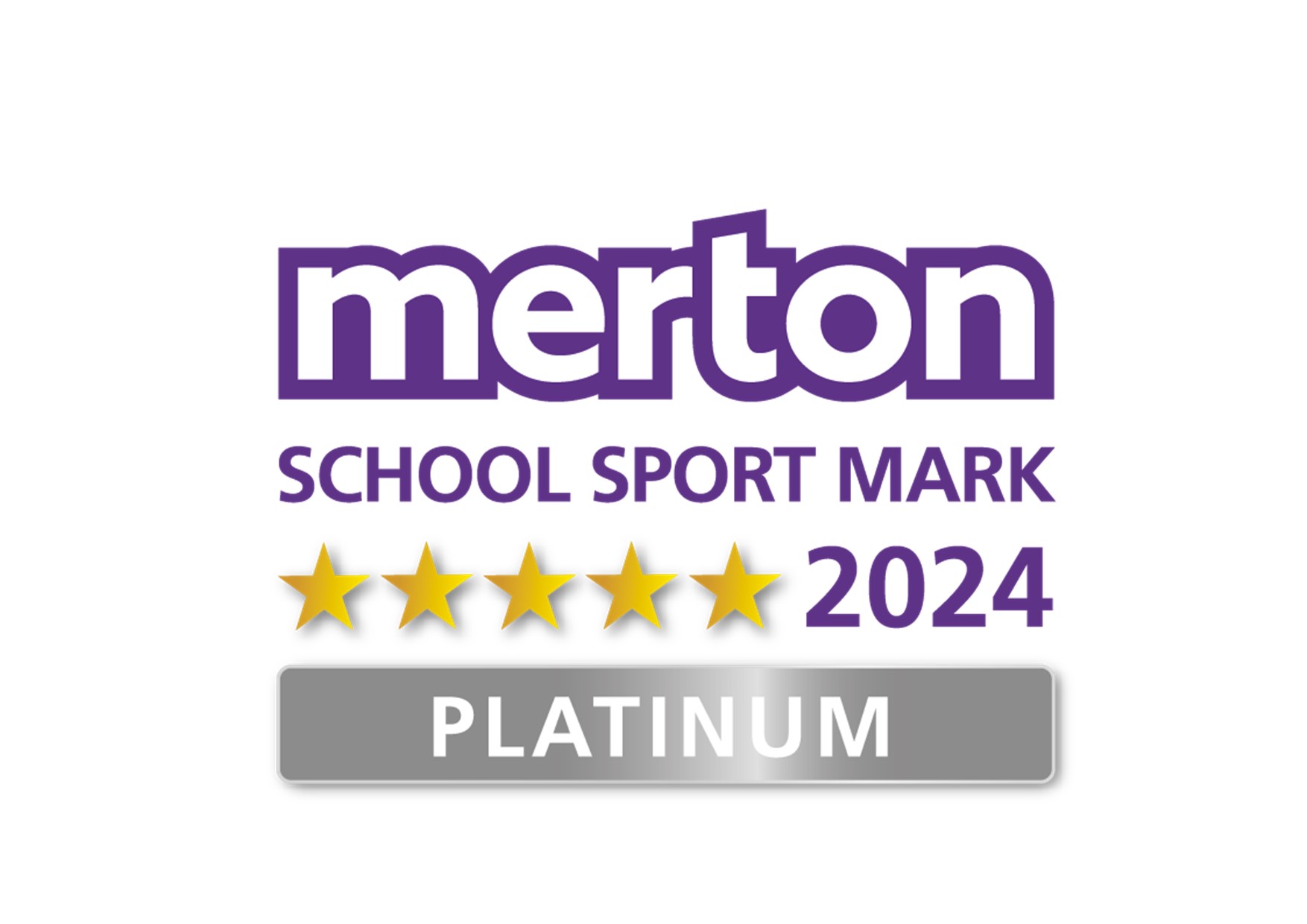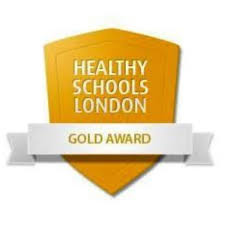Trailblazer Topics
 What are Trailblazer Topics?
What are Trailblazer Topics?
In collaboration with the children, these are short one or two week topics to be taught at
the end of each half term following five weeks of teaching the Hillcross Curriculum Topics.
These topics are a relatively NEW addition to the curriculum provided at Hillcross and should be exciting, child-led and inspirational learning opportunities.
What should they be about?
The trailblazer topics are a unique opportunity for our children to learn about something currently in the media, an event or commemoration that’s being widely celebrated or a
topic that the children would find engaging. Possible examples include:
- 75 year commemoration of D-Day and the Battle of Normandy
- Greta Thunberg’s climate campaign and journey to the UN summit on global warming
- 50th anniversary of the moon landing
- Merton’s Heritage Discovery Day
- England Women’s Football in the semi-finals of the World Cup
- Dinosaur fossils discovered in Colorado that are 68 million years old
- Lego socks have been invented – children to design their own socks or gloves with a specific purpose
- History of the London Underground
- Black History Month
- LGBT History Month
- Learning about the Peterloo Massacre and the 200th year anniversary monument designed by Turner Prize-winning artist Jeremy Deller. How could children design a solution to the problem about accessibly for those with physical disabilities?
- Proms at Hillcross – children learning about the history of the Proms and composing and performing their own pieces for Proms at Hillcross.
The Trailblazer Topics should not be repeated year on year, but capture the children’s
interest and what is current and in the media at that particular moment in time.
Where any area of the Hillcross Curriculum Topic has not been covered, or covered
sufficiently during the five week teaching time, the Trailblazer Topic should be focussed on
covering these areas of the Hillcross Curriculum in order to ensure sufficient coverage of
National Curriculum skills and attainment targets.
How are these topics planned for?
Children are involved in producing a topic Circle Map which captures all the learning
- intentions/questions mapped out. Lessons are then succinctly planned out, using the Circle Map, on the existing short-term weekly planning formats and must include:
- Differentiation
- Thinking Tools
- SMSC links where relevant – see long-term SMSC topic overview grid for this
- Piece of work with explicit learning of equalities and British Values – not just links
- made
- Suitable challenge for all children
- Opportunity for independent learning rather than prescriptive
- Clear learning objectives – what are the children going to learn in each lesson? How?
- How will the adults in that lesson know they have achieved it?
Lesson content – what should each lesson look like?
- Lessons can be cross curricular and cover a range of different National Curriculum
- skills and attainment targets, British Values, equalities and Right’s Respecting School
- links.
- Each lesson should have a clear WALT so that the children and adults are clear what
- the children are learning.
- The majority of lessons should be evidenced in books (Trailblazer Topic Books?) or
- digitally
- Lessons should be balanced between writing opportunities and also
- practical/discussion based activities.
Where no extended writing is done, evidence of practical/discussion based activities could be:
- A thought bubble completed by the children and stuck into books – ‘What
- I learned in the lesson’
- A completed speech bubble completed by the children – ‘Something
- interesting I heard someone say in the lesson’
- Lesson evaluation: What I learned today, how I learned it, how this links
- to our topic, how can I use this learning and apply it to other subjects,
- questions I have about this new learning
- In DT and Art lessons children could evaluate their own and each other’s
- work against the success criteria: WWW and EBI/Two stars and a wish
- Producing a comic strip during the lesson reflection time of what they
- have discussed/learned

